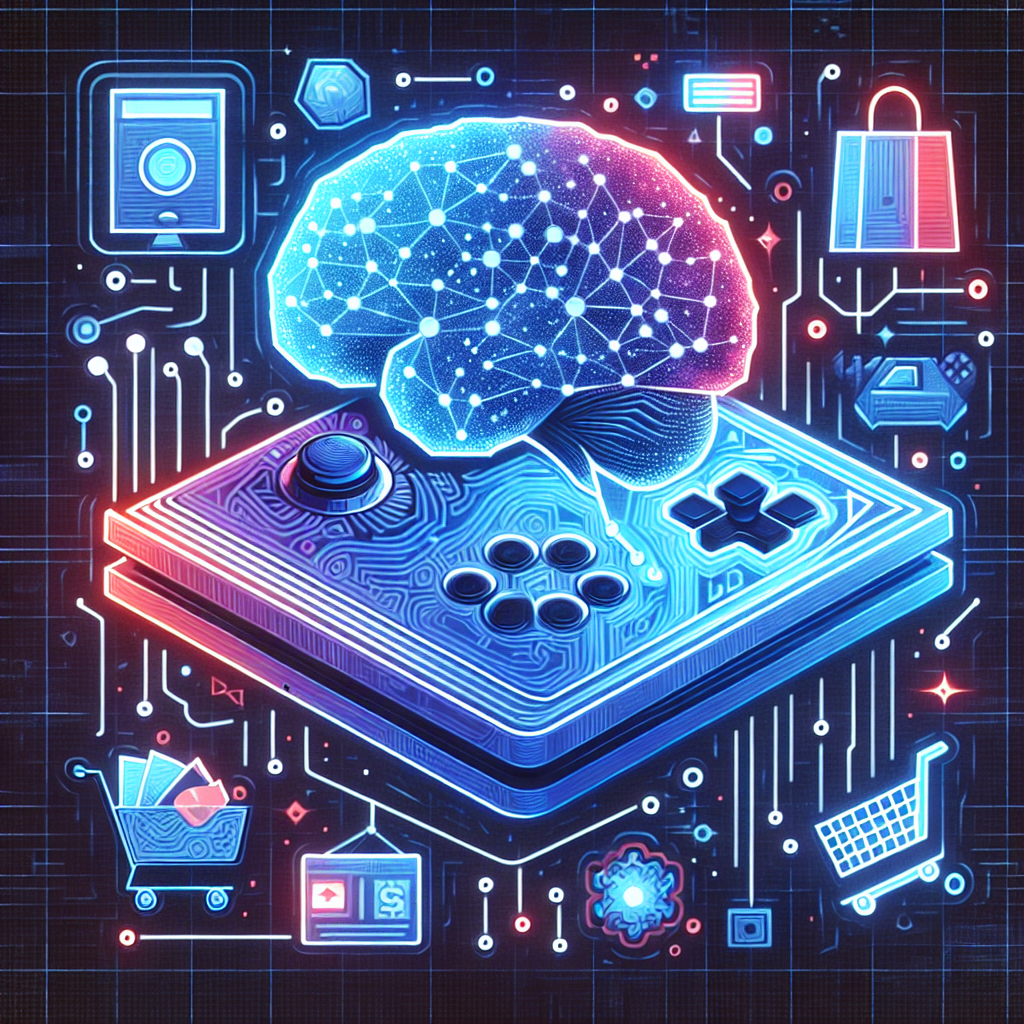Artificial Intelligence (AI) has become an integral part of the gaming industry, revolutionizing the way games are marketed and reaching new levels of personalization and efficiency. From creating targeted advertising campaigns to analyzing player behavior, AI has the potential to transform the way games are marketed and engage with players.
AI-powered marketing tools have become increasingly popular in recent years, with companies leveraging machine learning algorithms to gain insights into player preferences, behavior, and engagement. This allows for more personalized and targeted marketing campaigns that are tailored to each individual player, creating a more immersive and engaging gaming experience.
One of the key areas where AI is making a significant impact in game marketing is in the creation of personalized advertising campaigns. AI algorithms can analyze large amounts of data to identify player preferences, behaviors, and demographics, allowing marketers to create targeted ads that are more likely to resonate with their audience. This can lead to higher click-through rates, increased engagement, and ultimately, more conversions.
AI can also help marketers optimize their advertising campaigns by tracking and analyzing player behavior in real-time. By monitoring player interactions with ads, marketers can identify trends and patterns that can be used to improve the effectiveness of their campaigns. This can lead to better targeting, higher conversion rates, and ultimately, increased revenue.
Another way AI is being integrated into game marketing is through the use of chatbots and virtual assistants. These AI-powered tools can provide players with personalized recommendations, answer questions, and provide support, creating a more interactive and engaging experience. Chatbots can also be used to gather feedback from players, allowing marketers to better understand their needs and preferences.
AI can also be used to analyze player data and predict future trends, helping marketers stay ahead of the competition and make informed decisions. By analyzing player behavior, preferences, and engagement, AI algorithms can identify patterns and trends that can be used to create more effective marketing campaigns. This can lead to increased player retention, higher engagement, and ultimately, more revenue.
In addition to personalized advertising campaigns and chatbots, AI can also be used to enhance player engagement through the use of dynamic content. By analyzing player behavior and preferences, AI algorithms can create personalized content that is tailored to each individual player, creating a more immersive and engaging experience. This can lead to higher player retention, increased engagement, and ultimately, more revenue for game developers.
Overall, the integration of AI in game marketing has the potential to revolutionize the way games are marketed and engage with players. By leveraging machine learning algorithms to gain insights into player behavior, preferences, and engagement, marketers can create more personalized and targeted campaigns that are more likely to resonate with their audience. This can lead to higher click-through rates, increased engagement, and ultimately, more revenue for game developers.
**FAQs:**
Q: How does AI help in creating personalized advertising campaigns?
A: AI algorithms can analyze large amounts of data to identify player preferences, behaviors, and demographics, allowing marketers to create targeted ads that are more likely to resonate with their audience.
Q: How can AI optimize advertising campaigns?
A: AI can track and analyze player behavior in real-time, allowing marketers to identify trends and patterns that can be used to improve the effectiveness of their campaigns.
Q: How can chatbots enhance player engagement?
A: Chatbots can provide players with personalized recommendations, answer questions, and provide support, creating a more interactive and engaging experience.
Q: How does AI help in predicting future trends?
A: By analyzing player behavior, preferences, and engagement, AI algorithms can identify patterns and trends that can be used to create more effective marketing campaigns.

